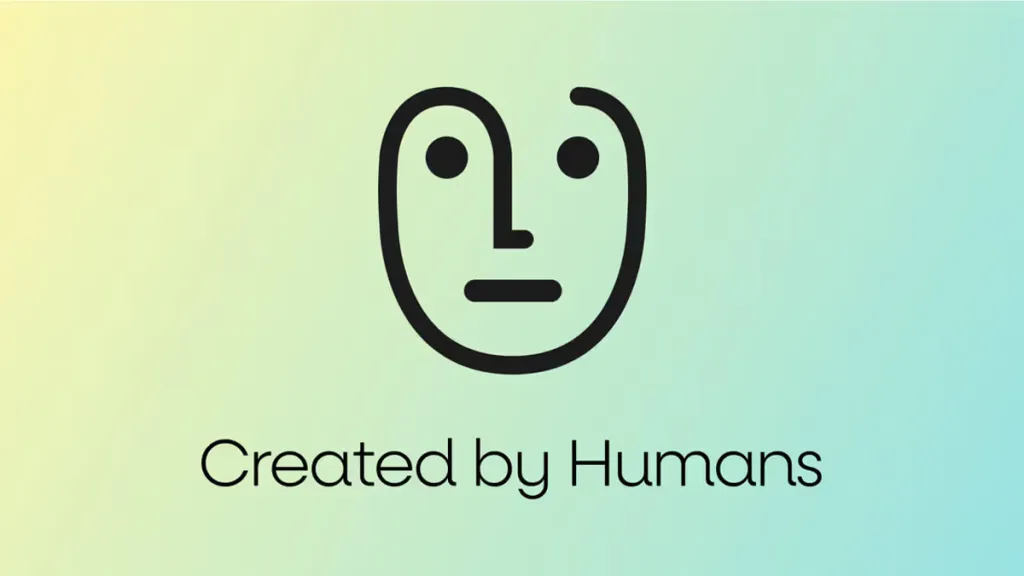In 2024, the landscape of generative AI continues to be marked by frequent lawsuits from media organizations, author groups, and artists against AI companies for using their content to train models without proper authorization. Amidst ongoing debates over copyright laws in the realm of generative AI, a new player, Created by Humans, has entered the scene with a proactive solution.

Founded by Trip Adler, former CEO of Scribd, Created by Humans launched out of stealth mode this Tuesday. The company aims to circumvent costly legal disputes by creating a marketplace where creators can directly license their intellectual property for use in training large language models.
Adler’s innovative venture has quickly garnered attention, securing $5 million in funding from notable investors, including All-In podcast co-host and Craft Ventures founder David Sacks, and Mike Maples of Floodgate Fund. The investment round also saw contributions from Jason Calacanis at LAUNCH Fund, Sam Lessin from Slow Ventures, and Garry Tan, among others. Celebrated author Walter Isaacson not only invested but also joined as a creative advisor and the inaugural author offering his works for AI licensing.
The platform is initially focusing on authors and book publishers, leveraging Adler’s extensive network in the publishing industry, though it aims to expand to other creative domains such as videos, images, music, and even medical data.

Created by Humans is not alone in this endeavor. Human Native, founded by a former Google DeepMind engineer, is also exploring similar territory in facilitating connections between content owners and AI developers.
Currently, Created by Humans offers a platform where authors can submit their works and AI companies can buy licenses with specific usage rights. However, the details of these licensing agreements are still being fine-tuned. “We’re trying to broker a three-way deal between authors, publishers, and the AI industry,” Adler explained to TechCrunch. “It’s complicated, but we’re making great progress.”
In addition to facilitating transactions, Created by Humans is advocating for a principle it calls the Fourth Law, inspired by Isaac Asimov’s famous three laws of robotics. This principle would ensure that creators have the right to consent to and control how AI uses their work, and to be compensated and credited appropriately.
We want [the Fourth Law] to be the new standard for how deals work between AI companies and content owners.”
Trip Adler
Under this framework, authors like Walter Isaacson can specify the rights they want to license out, such as training rights or the ability to use their style and characters. Isaacson, for instance, will receive a dashboard to track the usage of his works and the revenue generated.
Looking ahead, Adler envisions a broad spectrum of licensing opportunities that could include adapting books into movie scripts or translating them in real-time into other languages. He is optimistic that such ‘AI revenue’ could become a significant new revenue stream for the publishing industry, potentially revitalizing it and encouraging new authors. “I think this is going to reinvigorate the book industry and give a whole new reason to write a book,” Adler concluded.









